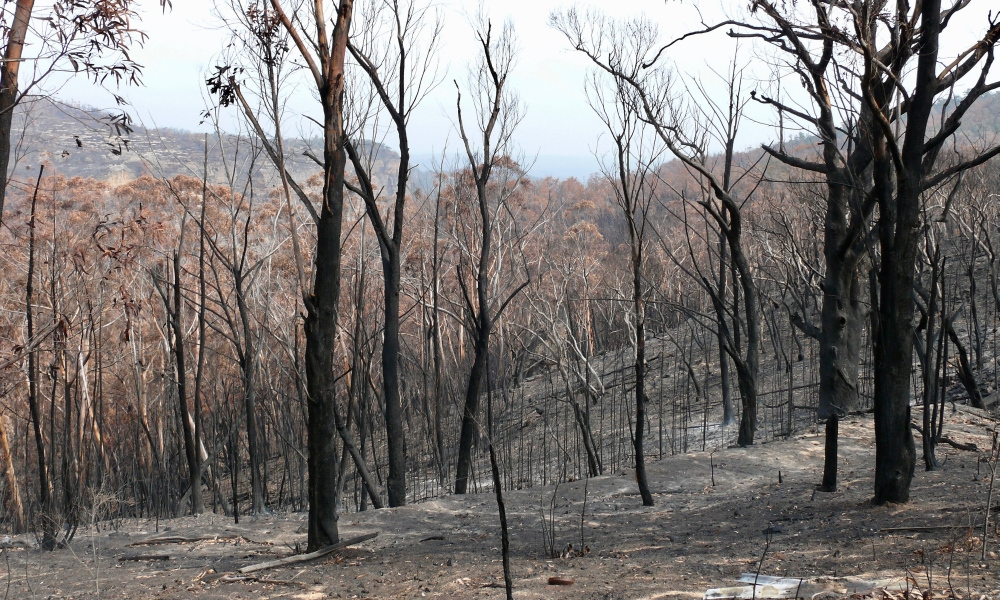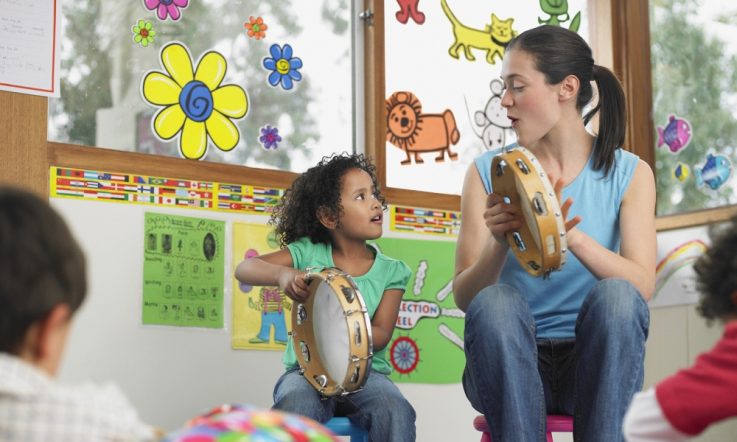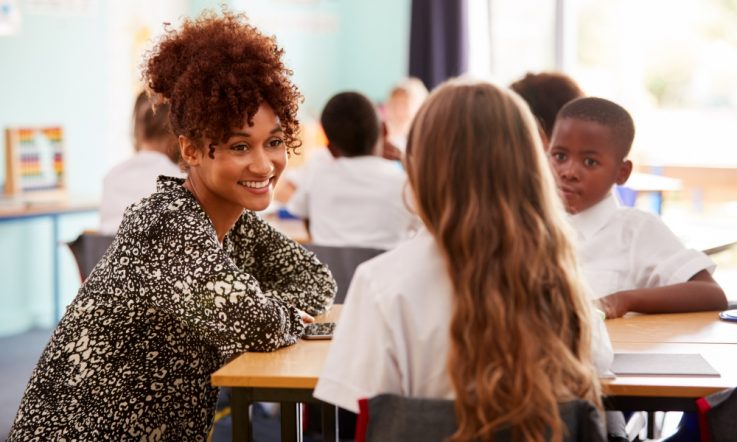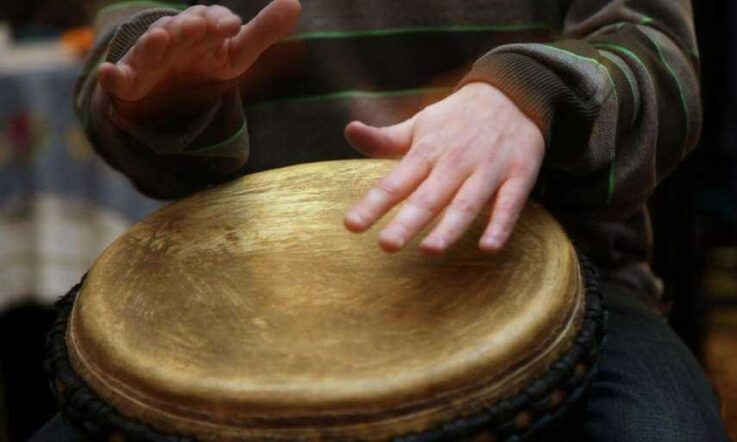There are a range of resources to help school communities and educators support students, parents and colleagues affected by the bushfire crisis.
Australian Psychological Society (APS) President Ros Knight says most people can bounce back from difficult or traumatic experiences, but everyone is different and there's no ‘prescribed way' to respond to a traumatic experience.
‘The impact of disasters is not just felt at the time they occur,' Knight adds. ‘It can last for a long time, or can lay dormant and appear months or years later. It is also important to remember that not everyone who experiences an emergency will have emotional distress or problems during or after the crisis.'
Resources and information
The APS has produced a series of information sheets to help children prepare for the threat of ongoing or new incidents, and during the bushfire recovery phase.
The New South Wales Department of Education (NSW DET) has set up a dedicated School safety page for those affected by the bushfires. It includes links to emergency updates, information on closures and resources on mental health support and reducing student and staff exposure to bushfire smoke. Teachers and parents can access specific advice on supporting children, and colleagues through a bushfire crisis.
The ACT Education Directorate says it is currently undertaking planning to support schools in managing the potential air quality issues and is in close contact with schools and the members of the school communities, including parents, carers and the ACT Council of Parents and Citizens Association. 'The safety of students and staff is our number one priority and we will be taking all necessary steps to support schools in responding to fire and air quality hazards prior to the commencement of Term 1, 2020.'
In Victoria, the Department of Education and Training also has a specific web page on the 2020 bushfires, which includes links to the latest information on closures and a range of resources. It has also set up a dedicated information page for parents and carers.
Online information from the Australian Child & Adolescent Trauma, Loss & Grief Network (ACATLGN) about responding to bushfire disaster includes links to classroom activities and other resources for teachers, principals, school counsellors and other mental health professionals working in schools.
Beyond Blue also has a webpage on Bushfires and mental health. It includes examples of common reactions, symptoms that go beyond these common reactions, and advice on dealing with the emotional impact of a bushfire.
Changes in students' behaviour
The NSW DET says the bushfires have been unsettling and stressful for many school communities and in many ways. ‘Distress may be related to: having being directly at risk/exposed to fires (loss of homes, pets, personal belongings); being concerned about family or friends; feelings and memories related to previous experience; and, other grief and loss.'
One piece of advice for teachers is to listen and look. ‘Listen to the student's story and look for changes in their behaviour, and check in regularly with any students that you are worried about.'
The APS says children aren't always able to express their feelings in the same way as adults and might not react in the same way to stress, so it's important to look out for changes in behaviour. This includes problems concentrating at school, withdrawal, and increased aggression or angry outbursts.
In this video, NSW DET psychologist Rose Glassock says the most common emotions among children are fear, anxiety and confusion. ‘Most of the time, what we're looking for is how that might translate to their behaviour. It could be: eating more, eating less; sleeping more, sleeping less; often a regression in their behaviour – so, with little kids it might be that they're more clingy, a bit more separation anxiety. And one of the other things is just a general sense of being more irritable.'
In advice to parents, Glassock says most children and young people recover with no additional psychological support, but when the behaviour mentioned above – which is a normal response – extends over a long period of time or has an additional impact on their life it's time to seek additional support. She says the first port of call in schools would be classroom teachers or year advisors and school counsellors. Teaching staff who are concerned about a particular student should speak to school counselling and support staff.
What can teachers do to support students?
The APS reminds adults to be aware of how they talk in front of children. ‘Adults need to be conscious of the presence of children when discussing the bushfires. It's a good idea not to let children overhear adult conversations about worrying things if they cannot join in at their own age or stage of development … Children can distort what they hear or see, especially when the information is received through indirect communication (for example, overheard adult conversations about worrying things).'
Students may have lots of questions about what's happened and what may happen in the future. The NSW DET advises teachers to: answer questions in a simple and honest way, using language that is age-appropriate; remind and reassure them that school is a safe place to be; and highlight your student's and communities strengths and resilience, be hopeful and optimistic for the future. Its information for schools and teachers includes a suggested script that may be useful.
The department says returning to usual classroom and school routines and activities as soon as possible is important. Think about how you can link students together who have been relocated. In addition to providing your own support, teachers are advised to: ‘Encourage students to reach out to friends for support as well as adults; [and], provide information about access to student counselling services and other outside school support services such as headspace/Kids Helpline.'
Depending on the age of children, the APS advises parents and caregivers to monitor their media exposure. For example, it points out: ‘Young children may not realise that footage on television is a replay and not another event.'
On this same topic, Beyond Blue says it can be hard for children to escape media coverage about the bushfire crisis. ‘Children are especially sensitive to upsetting news and learn how to feel about something by watching and modelling adults' reactions. Keeping things secret can add to their sense of anxiety, fear and sadness. Your best option is to take an interest in what kids are seeing and reading and support them to understand what's happening.'
Supporting staff, colleagues and you
The NSW DET says school staff may require additional support, especially if they've got family or friends affected by the fires. ‘It is important to take the time to identify those affected and discuss the types of support available.'
Most importantly, the APS advises, you need to look after yourself as it's likely you've also experienced a bushfire trauma.
This fact sheet from Beyond Blue discusses coping strategies, signs to look for, and includes a link to learn more about educator wellbeing and your own self-care.
In Western Australia, all public schools have access to a school psychologist. The WA Department of Education told Teacher: ‘It is important to acknowledge the profound nature of the fires and the widespread direct and indirect (often vicarious) impact they have had on people across the entire country this summer.
‘In Western Australia, our chief school psychologist has been working with his team to ensure all of our school psychologists are prepared to provide critical incident support for school communities here as needed, throughout the bushfire season and beyond.
‘... School psychologists provide critical incident support and will have resources available to provide consultation and services to schools. The needs of individual students and schools will determine the nature of this support. The Department will also continue to link with other agencies at a local and system level, as required.'
These are just some of the resources available. A reminder that external sources of support include Beyond Blue (beyondblue.org,au), Lifeline (13 11 14), Kids Helpline (1800 55 1800), as well as your local GP and community health services. Education departments across Australia also provide access to a free Employee Assistance Program.
This page was edited on 15/1/2020 to include additional resources and information, and further details of education department support for schools.



